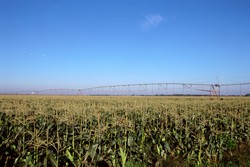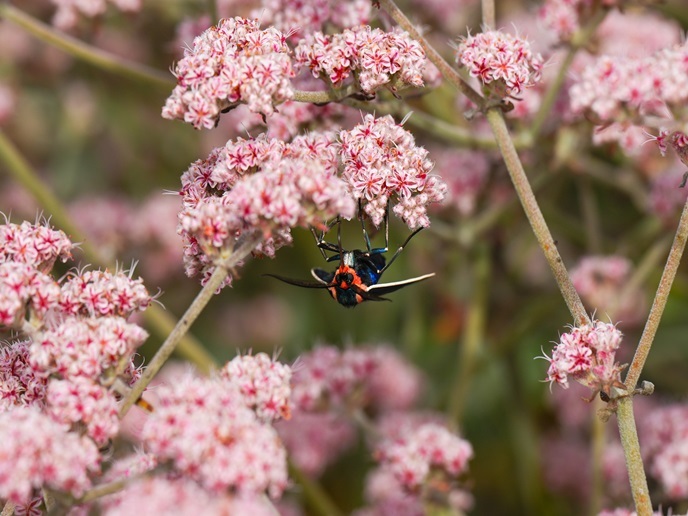A water-savvy irrigation system
With an increasing global population demanding more food from less land, irrigated crops are likely to account for an ever-larger share of agricultural yields. To avoid wasting scarce water supplies, irrigated agriculture needs to be better managed. The EU-funded OPIRIS(opens in new window) (Online professional irrigation scheduling expert system) initiative developed a precision irrigation system that uses sensor information to decide how much, how often and in what pattern to apply water. This is based on the premise that different crops have different tolerances to water deficit, and therefore require tailor-made watering schedules. To develop the system, researchers used data from three previous projects on fruit tree orchards and hydroponic crops in greenhouses. These case studies provided practical information on crop water and fertiliser requirements under different climatic conditions and for different irrigation scheduling methods and technologies. By combining real-time readings from soil- and plant-water sensors with weather information, OPIRIS developed an irrigation scheduling algorithm coupled with a graphical, web-based user interface. After installing the OpIRIS system in different agricultural settings, researchers found that it reduced water and fertiliser consumption without affecting crop production or quality. In cases where farmers conventionally use more irrigation water than is required by the crop, OpIRIS will save water and lower energy consumption. Alternatively, converting a rain-fed crop to an OpIRIS-based irrigated system helped one grower to increase fruit yield by 266 %. Precision irrigation in response to actual water status should reduce water usage by between 15 and 30 %. In addition, information on soil water and daily patterns of root water uptake will help farmers better understand their production systems.







